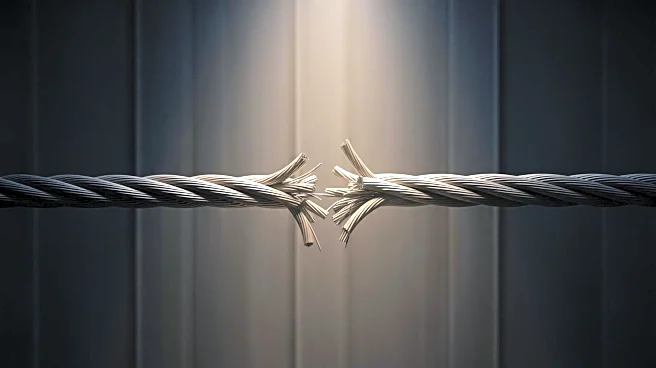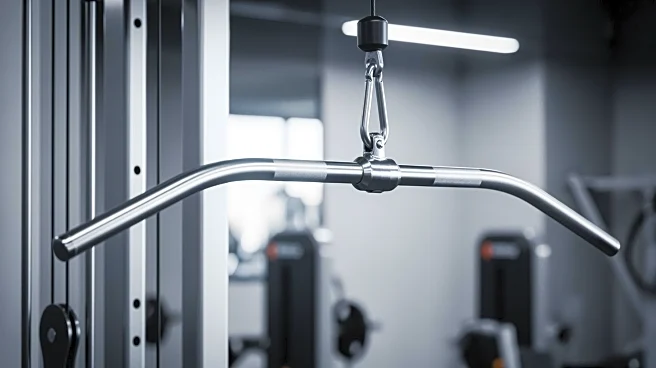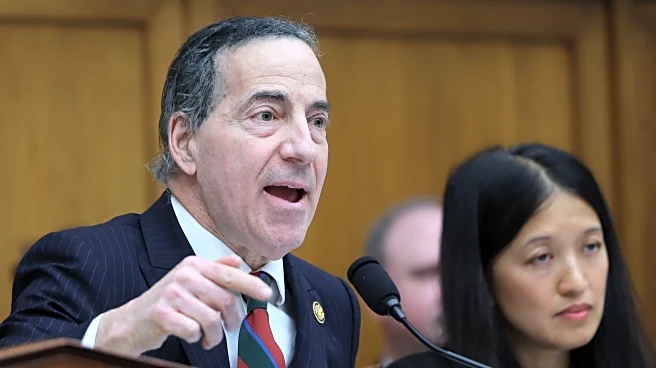What's Happening?
An interim report by the Office for the Prevention and Investigation of Accidents in Civil Aviation and Rail (GPIAAF) has revealed that the cable involved in the September funicular crash in Lisbon was
not certified to carry passengers and failed to meet the operator's specifications. The crash resulted in the deaths of at least 16 people and several injuries. The report highlights serious failures in the cable, maintenance, and brakes of the historic Glória funicular. Maintenance tasks were marked as completed despite not being performed, and the maintenance plan was recorded as compliant by the operator, CARRIS. The final report is expected next year, with current findings being preliminary.
Why It's Important?
The findings raise significant concerns about safety standards and maintenance practices in public transportation systems. The failure to meet specifications and perform necessary maintenance tasks could have broader implications for regulatory oversight and public safety. This incident may prompt stricter regulations and more rigorous inspections to prevent similar tragedies. Stakeholders, including transportation authorities and public safety officials, may need to reassess current protocols to ensure passenger safety and restore public confidence in transportation systems.
What's Next?
The final report from GPIAAF is anticipated next year, which may provide more conclusive findings and recommendations. Authorities might implement immediate safety checks and maintenance audits across similar transportation systems. There could be legal and regulatory actions taken against the operator, CARRIS, depending on the final report's conclusions. Public and governmental pressure may lead to reforms in safety standards and maintenance practices.
Beyond the Headlines
This incident highlights the ethical responsibility of transportation operators to ensure passenger safety and adhere to maintenance protocols. It may lead to a cultural shift in how maintenance and safety are prioritized in public transportation. Long-term, this could influence global standards and practices, emphasizing transparency and accountability in safety measures.










